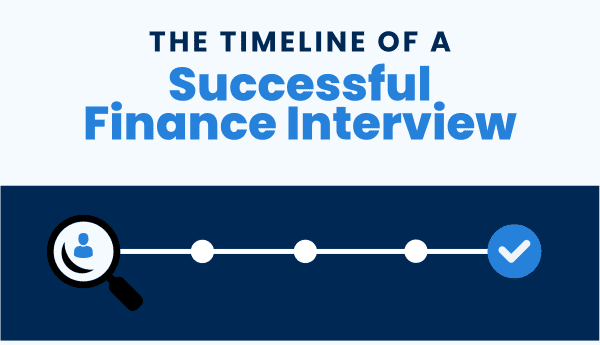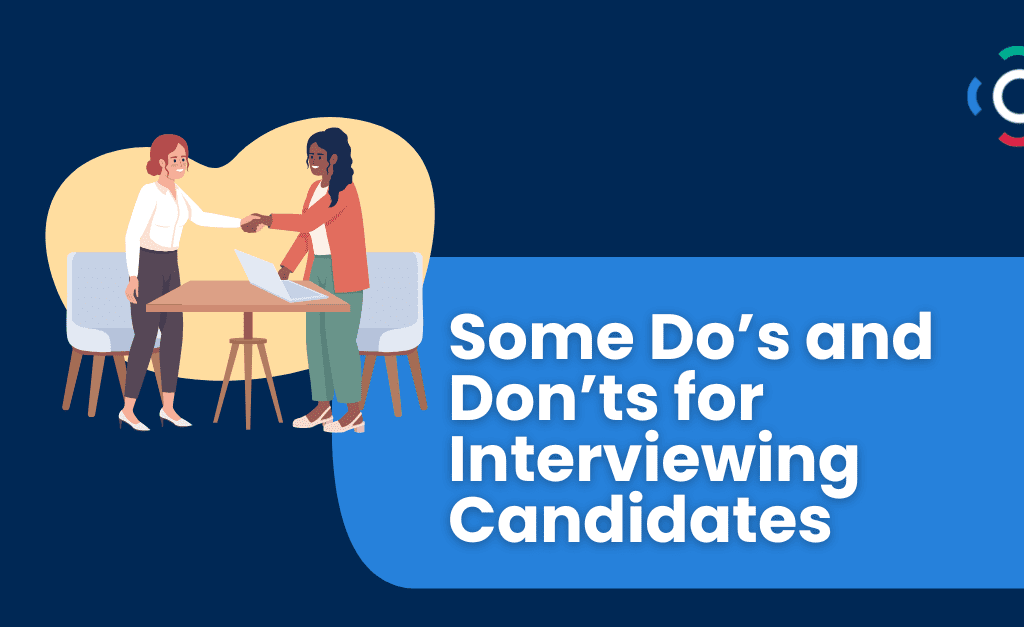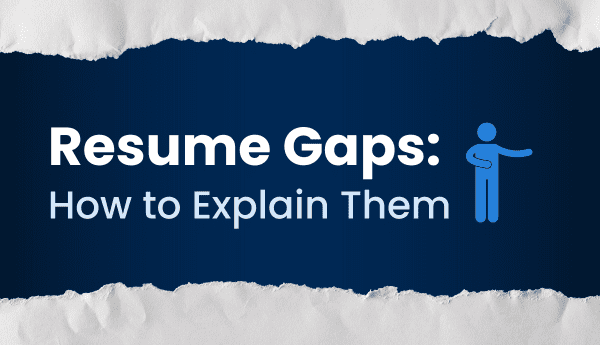When it comes to finance job interviews, Tom Petty and the Heartbreakers had it right: the waiting is the hardest part. It helps, though, to have an idea of the timeline for the hiring process that most employers abide by.
Waiting to hear back from an employer after a finance job interview is a lot like waiting to hear back from your new beau after a successful first date. You’re hopeful that you’ll get the call, but also terrified that you won’t. Every time the phone rings, your heart either stops suddenly, or races uncontrollably (until you pick up and realize it’s just a telemarketer). Everything feels just a little bit out of your control.
Things always seem to take longer to unfold than we want them to, especially when they involve something we want badly – whether it’s a second date, or an accounting job. Understanding and anticipating the timeline of a successful finance job interview can help, however, to relieve some of the stress. If only someone would explain each step of the process and lay bare what we should expect!
Ask and ye shall receive! To keep you from pacing yourself into madness, we’ve laid out the typical timeline that a successful accounting and finance job candidate has to follow. This way, candidates will have an idea of what to expect from the process, not only in terms of its substance but also its schedule. And it all starts with…
The first finance job interview
Let’s assume that you’ve successfully navigated your way through both the initial application and screening process, and managed to score an interview. Depending on the size of the organization, the first round of interviews is typically conducted by a finance manager or an HR/recruitment representative (larger companies will likely have internal recruiters or HR involved at an earlier stage).
Everyone knows that first impressions are important, so make sure you dress appropriately for a finance job interview. At this early stage of the process, with the field being relatively packed, you need to do as much as you can to separate yourself from the crowd. Identify and communicate your unique selling proposition to the employer – what it is that differentiates you from the rest of the candidate pool. Tell a story about who you are as a candidate, and why you’ve ended up here, at this point in your career, and why you’d be perfect for the position. Make sure that you’ve done your research on the organization, so that you don’t end up asking any silly questions (e.g., “what does your company do?”).
At this early stage of the process, with the field being relatively packed, you need to do as much as you can to separate yourself from the crowd.
The shortlist and the second interview
So you’ve made it to the second round of the finance job interview. But hold off on congratulating yourself, because the competition is only going to get fiercer.
At this stage, the focus is on the candidates who represent the cream of the crop. More than ever, you need to be able to highlight your accomplishments, skills, and experiences, how they can be assets to the company, and why you’d be a good cultural fit. Be prepared to answer questions about your salary expectations for the position.
The discussion
You’ve put your best foot forward. Now comes the really hard part – waiting. The company will now gather its key stakeholders, collect feedback, and begin to discuss each candidate, evaluating their respective strengths and weaknesses and weighing them against one another.
Don’t forget to follow up with a thank you note, expressing your gratitude to the company for their time and opportunity, and offering to clarify any further questions. But beyond that, your work is done. It’s time to take up meditation, because things are truly out of your hands now.
The job offer
Once the finance job interview process is complete and the stakeholders have come to a consensus about the top candidate – you, obviously! – the company will check out your references and conduct due diligence on your education and credentials, before tendering an offer and commencing salary negotiation.
As for you, you should be preparing to give notice at your current place of employment (you want to leave your job professionally, after all), and to transition into your new role.
Don’t forget to follow up with a thank you note, expressing your gratitude to the company for their time and opportunity, and offering to clarify any further questions.
A summary
Essentially, the short timeline version of a successful finance job interview might look something like this:
Week 1: Apply
Week 2: Screening and calls
Week 3 – 4: First round interviews
Week 5 – 6: Second round interviews with shortlisted candidates
Week 7: Collecting feedback and discussion
Week 8 – 9: Offer, negotiation, and references
Week 10 – 12: Acceptance, notice
Week 13: Start date
Bear in mind that these are just rough estimates. There are, in fact, many factors that can affect the length of the hiring process and the amount of time it takes to bring someone on board. For example, not everyone on the hiring team may agree about the job requirements, which probably means they won’t be able to agree on a candidate. There may be no pressing deadlines, and therefore, no real urgency, for the employer to hire somebody – for example, an announced retirement that hasn’t been given a firm date yet.
Still, understanding the timeline of a successful finance job interview should help you find a bit of peace of mind. Now please stop pacing – you’re wearing a hole in the carpet.
Let us know what you think! At Clarity Recruitment, we’re always interested in hearing from accounting and finance professionals like yourselves, who are ready for new, exciting opportunities that can take their careers to the next level. And be sure to follow us on LinkedIn for more great tips and advice!



